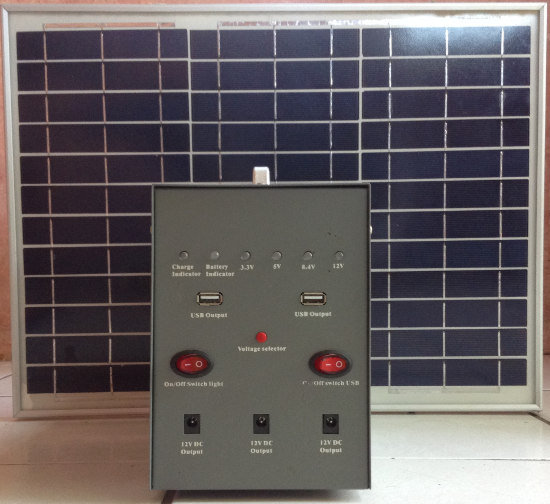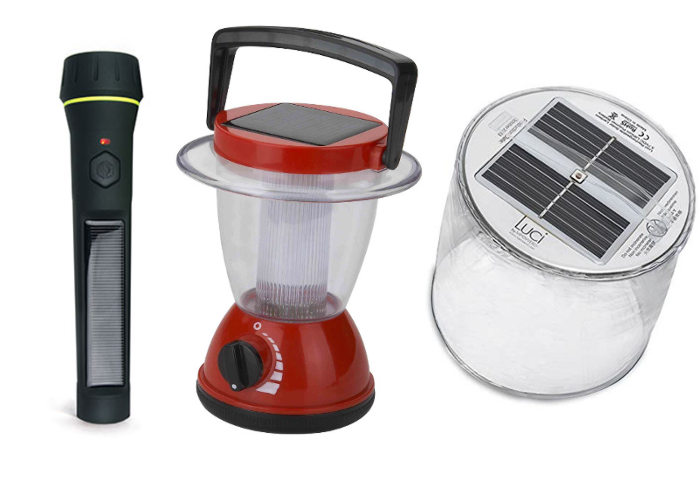Open Letter To Prime Minister of Jamaica Regarding No More Kerosene Lamps or Candles.
⊗ Feb 10, 2018 | read time: 5 min
Dear Honorable Andrew Holness,
This letter is in support of the program aimed at replacing traditional light sources with safe alternatives for residents living in vulnerable communities. In reference to the tweet/press (shown below) release date, January 27, 2018, which states:
No More Kerosene Lamps or Candles – PM Holness pic.twitter.com/Szo7US043W
— Andrew Holness (@AndrewHolnessJM) January 28, 2018
Building fires is an important national issue, due to the impact on families and the economy at large. I applaud the Jamaica Fire Brigade for taking proactive steps to increase public awareness about proper fire safety measures. This initiate of replacing traditional light source is a practical next step in empowering individuals to protect their family.
I wish to share my practical experience with renewable-light sources and the benefits I’ve noticed. First, let me express condolences to all the families & friends who are being affected.
I’m from the parish of Clarendon, Chapelton Rock River to be exact, where farming is the primary source of income for the population. As with any rural community, traditional light sources such as kerosene lamps, candles and bottle torches is the most reliable backup solution in the event of power failure. However, for less fortunate members, this is their only source of lighting.
My practical experience with solar lights came as a result of using two types of solar-powered products: a mini-solar system and a solar-powered flashlight. Both have shaped our (my father & I) lives for the better and I wish to share their benefits.

The mini-solar system as shown in the diagram above is a fully functioning 10W (watt) robust system with the ability of:
- Powering up to three LED light bulbs for one night.
- Recharging mobile devices.
As with all solar system, it will recharge the internal battery with power generated from the solar panel. The 2-piece design makes it an ideal product for small families. From a safety standpoint, family members won’t experience any form of electrical shock as it outputs low DC power. At our house, we were able to use it to provide lighting on the front porch throughout the night while charging two cell phones. After which the system recharges its internal lithium battery the following day.

The next best option is either a solar flashlight or solar lantern. Based on the need, they can provide the adequate lighting necessary to accomplish basic tasks for adequate periods. Unlike the mini-solar system, these are more portable and lightweight but less powerful. I believe these items are ideal when the power goes out or for the occasional visit to a dark area, but I don’t recommend these as a main source of lighting. This is due to the rate of recharge which is a bit dismal. It will prove to be a challenge for families if this is their main source of lighting.
In closing, I do recommend both as a replacement for the traditional kerosene and bottle torch. The mini-solar system is ideal to light up the main areas while the solar flashlights or lantern for travelling through dark areas. For additional details, I recommend reaching out to Food for the Poor, as they are offering the mini-solar system as part of their housing project.
I believe this plan fits perfectly in the country’s renewable strategy, so let us work together in building a safer Jamaica.
Feel free to contact me on twitter @DAlexForce.
Thanks.
S. Perkins
Tags renewable, fire, safety, flashlight, hybridlights, solar, renewableenergy, renewable